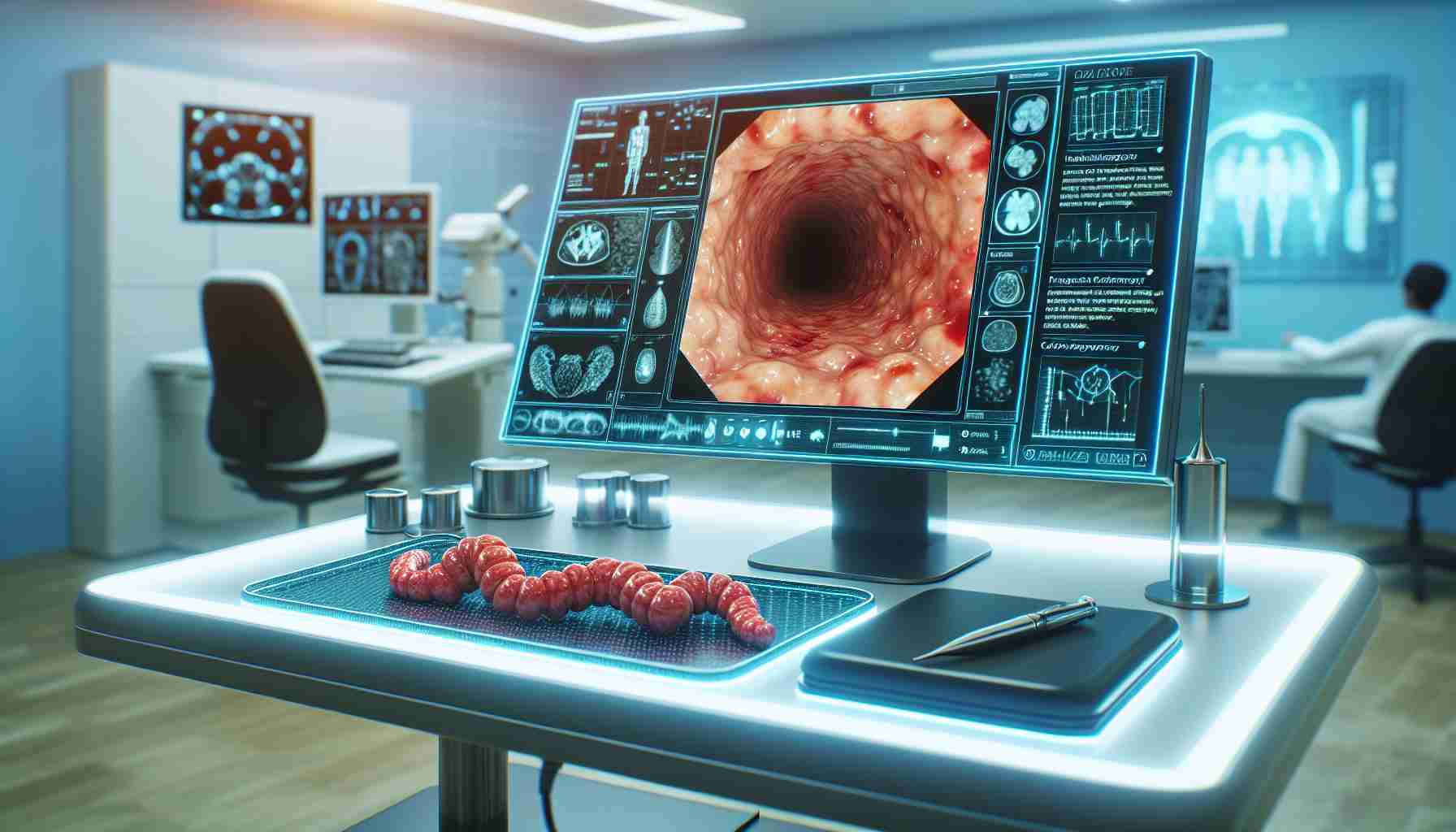Artificial intelligence (AI) has taken the healthcare industry by storm, and the Department of Veterans Affairs (VA) is at the forefront of utilizing this cutting-edge technology in colonoscopies. The main objective is to enhance the detection of polyps, thereby reducing the risk of colorectal cancer among veterans.
Colorectal cancer is a significant concern for veterans, with around 4,000 new cases diagnosed each year. Former Marine Corps veteran Kevin Huggard is optimistic about the incorporation of AI in this field, acknowledging its potential advantages for both medical professionals and patients.
Since its inception in late 2022, the VA’s National Colorectal Screening Program has rolled out approximately 300 AI devices in over 100 VA facilities nationwide, including the prestigious Durham VA Healthcare System.
Dr. Ziad Gellad, the Chief of Gastroenterology at the Durham VA Healthcare System, believes that we have only just begun to explore the possibilities of AI in healthcare. He stresses the significance of polyp detection in colorectal cancer screening, especially during colonoscopies. AI acts as an extra pair of eyes, improving the ability to spot polyps that might otherwise be overlooked.
In stark contrast to conventional colonoscopy methods, AI does not change the procedure itself. Instead, it utilizes a simple approach of marking areas of interest with green boxes on the screen, guiding physicians to potential polyps, even those that are minuscule. By comparing images from the processor with its internal database, the AI technology can identify polyps that previously went unnoticed by human observers.
The VA reports that AI increases the polyp detection rate during a colonoscopy by more than 14%. However, it is crucial to note that AI is not flawless. While it provides valuable support, its accuracy is not yet perfect. On occasions, it may flag other colon lining features as polyps that are not actually harmful. This necessitates doctors to invest more cognitive effort in analyzing and interpreting the significance of the flagged areas. Nonetheless, Dr. Gellad underscores that the additional intellectual input is warranted considering the benefits of focusing on abnormal colon regions.
Dr. Gellad confirms that the majority of polyps do not progress to cancer. Nevertheless, due to the lack of a dependable method for predicting each polyp’s cancer potential during a colonoscopy, the standard practice is to remove all polyps. The future potential of AI in colonoscopies includes its ability to determine whether a polyp is likely to develop into cancer. This groundbreaking capability would enable physicians to make informed decisions on whether to remove a polyp or not.
As image repositories expand and computational capabilities advance, AI’s role in colonoscopies is expected to evolve from mere polyp detection to precise diagnoses. This transformative advancement will undoubtedly revolutionize the field of gastroenterology. Veterans will benefit from an added layer of defense against colon cancer as AI technology enhances the efficiency and accuracy of screening procedures.
The integration of AI in healthcare represents an exciting frontier. While over 120,000 colonoscopies have been conducted nationwide using AI technology, this is just the beginning. Dr. Gellad reassures that patient confidentiality remains intact, with all images securely stored within the system.
In conclusion, the introduction of AI in colonoscopies has the potential to significantly boost polyp detection and halt the progression of colorectal cancer among veterans. This technology signifies a major step forward in healthcare, and its continuous advancement will bring further breakthroughs in the realm of gastroenterology.
